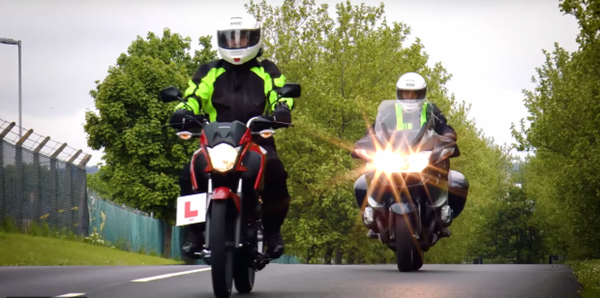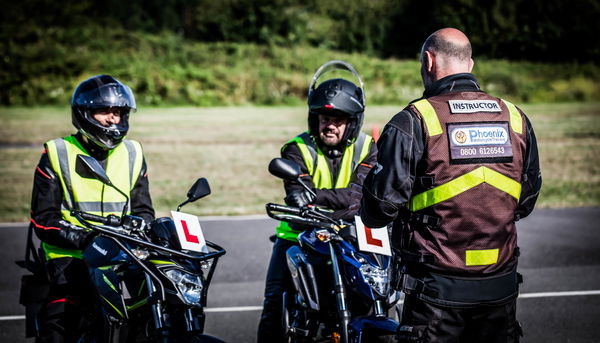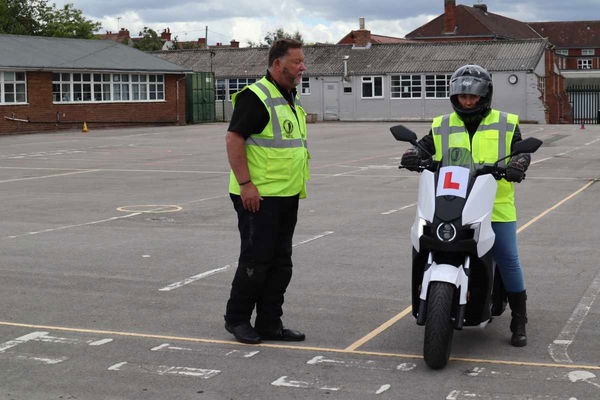UK Motorcycle Licence System Needs “Fundamental” Change, NMC Says
The UK’s National Motorcyclists Council has called once again on the government to conduct a “fundamental review” of the motorcycle licence system

A “fundamental review” of the UK’s motorcycle licence system is required, the National Motorcyclists Council (NMC) has again urged.
The NMC initially made its proposal for changes to the motorcycle licensing system in the UK back in 2022, with the key theme running through its suggestions and recommendations being a simplification of the system. The goal of simplifying is to encourage more people to begin riding and progress up the licence system by making it easier to understand and by removing some of the repetitive parts of the UK’s current motorcycle training regime. It’s hoped that this will also improve the quality of motorcycle training.

Two years after initially publishing its proposal, the NMC has “urged” the UK government “to start the process of reform” and has republished its proposals to recognise the limited progress that has been made in the intervening time - particularly the formation of the DVSA/DfT Strategic Motorcycle Group, which was introduced last year.
The NMC’s proposal for simplification is distilled into 10 points. These recommend changes to Compulsory Basic Training (CBT), for learners, to include hazard perception and a theory test, to digitise its administration, to make it valid for two years, and to introduce a ‘CBT Plus’ as a step between CBT and A1.
The NMC also suggests:
- Merging Module 1 and Module 2 into one single test
- Removing the A2 licence category and replacing it with an ‘A-Restricted’ licence for those 18 and over to ride 47bhp bikes (the restriction can be removed via a test after two years)
- Making A1-level bikes easier to access for younger moped riders
- Reducing the minimum age of direct access to 21
- Adjusting the Minimum Test Vehicle specifications to accommodate electric bikes
- Encouraging participation in post-test training
NMC Executive Director Craig Carey-Clinch said: “With very mixed results from the current licensing regime, which sadly includes no improvement in rider fatalities, it is clear that a fundamental review is needed. This is not about ripping everything up and starting again, but learning from what works and what doesn’t work, to create an evolved system that is fit for purpose and much easier for novice riders to understand and access.
“A full-scale review through the Strategic Motorcycle Group will allow the opportunity for proposals from the NMC, industry, trainers and other expert stakeholders to be considered and a fresh way forward determined. In that sense, the NMC’s proposals represent a starting place for wider and more proactive dialogue.
“With motorcycle safety such a high priority, we urge Ministers to give the Group the tools it needs to develop a motorcycle licensing regime that improves safety, rewards progress and is more accessible – also taking account of future changes in technology and rider needs as motorcycling and training practice continues to evolve.”

The NMC’s proposals can be compared with those made last year by the Motorcycle Industry Association (MCIA), which also suggested measures such as placing the theory test before CBT, as well as a ‘CBT Plus’. With its proposals, the MCIA looks to incentivise a more progressive approach to motorcycle training, especially for those eligible for direct access.
Find all the latest motorcycle news on Visordown.











